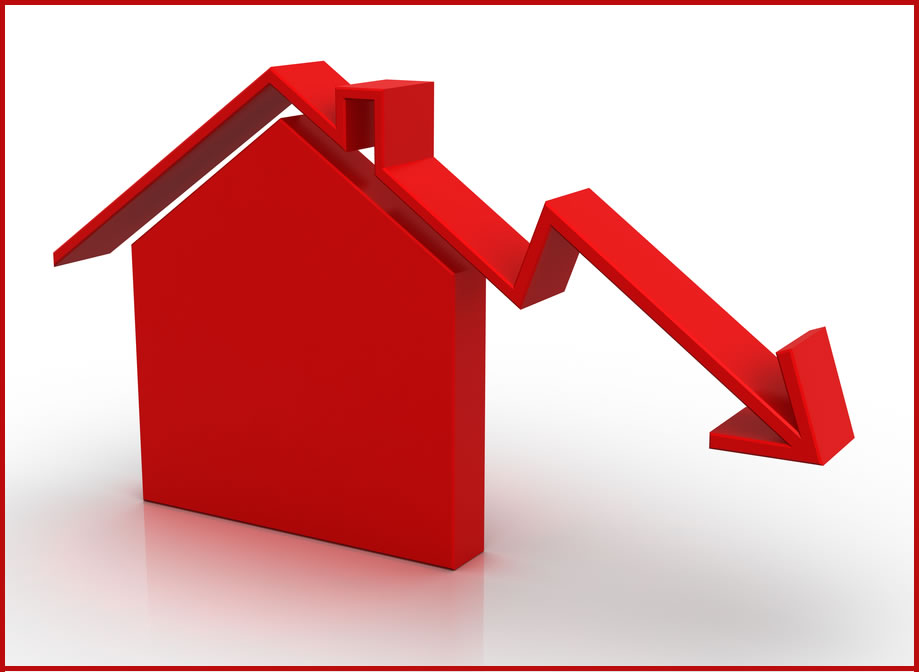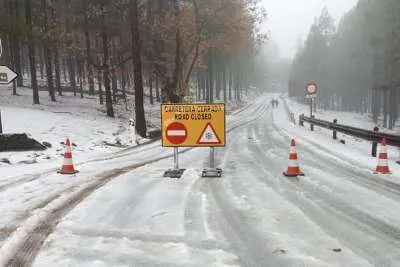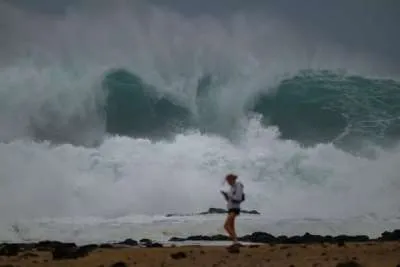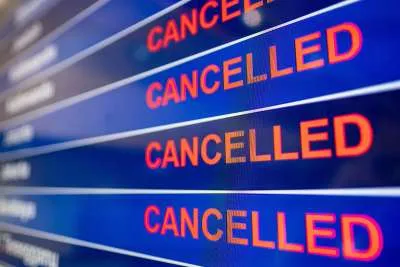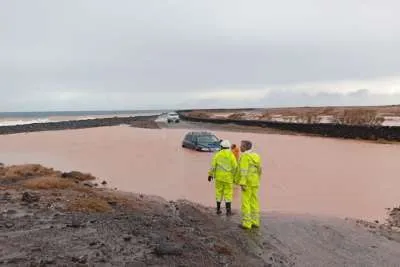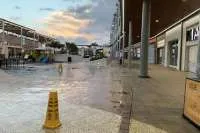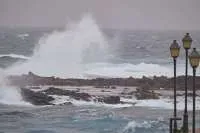Property prices have only dropped 6% in the Canary Islands during Covid
- 31-01-2021
- Business
- Canarian Weekly
The housing market in the Canary Islands has experienced the shock of Covid in the last year but the imapct has been less intense than expected. In the case of both renting and selling, there have been price drops and a reduction in transactions, but only in line with a downward trend that started in 2019.
The decreases have been contained despite the drop in GDP of around 15%, that the Canarian economy has experienced, and they key to this has been the ERTE which has prevented an exorbitant growth in unemployment and the loss of thousands of jobs.
According to BBVA Research, in the case of renting, ERTEs have made it possible to sustain rental payments in most cases. For those without ERTE, in which the cut in income has made it difficult to pay the rent, an agreement between the tenant and the landlord to reduce the fee or postpone the monthly payment, among others, has been common.
This is explained by the member of the association of real estate professionals Club Noteges and agent of Venportucasa Inmobiliaria, José Saavedra, who explains that the advice of the real estate companies to owners, is to try to keep their tenants and close an adjustment agreement for one year. Finding another person involves expenses. It is better to agree a year with modifications and after that time it can be analyzed and reassessed," says Saavedra.
These agreements, together with the fact that demand has eased slightly and supply has grown due to the return to the residential market of almost 7,000 holiday homes, an estimated 25% of tourist apartments, has caused rental prices to go down in the last year around 10%, again in line with a trend that began to be noticed at the end of 2019. Rentals that used to be around 700 euros are now between to 620-630 euros although it all depends on the area. This is the first annual decline after six years on the rise.
"There is still supply and demand, but it no longer responds as well and prices fall," says Saavedra, who highlights that the entry into the residential market for tourist flats has not been any chaos nor has it been experienced as the ‘burst of a bubble’ as some experts anticipated. "It has been absorbed without problem," says Saavedra, who recalls that two years ago there was a serious problem in the rental market on the islands as there was not enough supply. “Today that has been resolved. The entire demand has been covered,” he says.
What has changed is that landlords are now more selective when choosing their tenants and are asking for a certain profile and income guarantee in order to avoid defaults if the tourist stoppage continues and ERTE ends. "They fear that there may be payment problems if tourism is not reactivated," says Saavedra, "The evolution of the market will depend on what happens to tourism," he says.
Commercial premises:
The most affected by the pandemic are commercial premises. The economic situation is causing the bankruptcy of many businesses, and the abandonment and return of locals to the owners. "Here we do detect an important problem that will increase in the coming months as the economic situation doesn’t improve," they say.
With regard to sales, the real estate market in the Canary Islands this year has registered a decrease in sales. According to the Statistics of Transmissions and Property Rights of the INE, operations have fallen by 22% in the year of the Covid (with data from November). In the first eleven months of the year, 15,393 sales were closed compared to 19,817 a year earlier. Much of this decline is due to the almost absolute stoppage of purchases by foreigners, which account for 30% of the market in the Canary Islands.
BBVA are confident that the real estate market will respond well throughout 2021 as it has done this year, in which the pandemic has not caused a sharp fall in the market. "There are still people with jobs and in need of a home. As a sign of the strength of the market, the sale price on the islands has fallen by 6% on average and in some areas it has not dropped at all. Now there are many people looking for bargains and some will find it because of the need to sell that some people have, but this is not like the crisis of 2008. Most sellers can endure the situation without drastic reductions," they point out.
The main fear for everyone is the uncertainty of this year, which is a determining factor for the evolution of sales and may come to paralyze them.
Other articles that may interest you...
Trending
Most Read Articles
Featured Videos
A Vision of Elvis Tenerife Promo
- 10-05-2025
TEAs 2025 Highlights
- 17-11-2025


